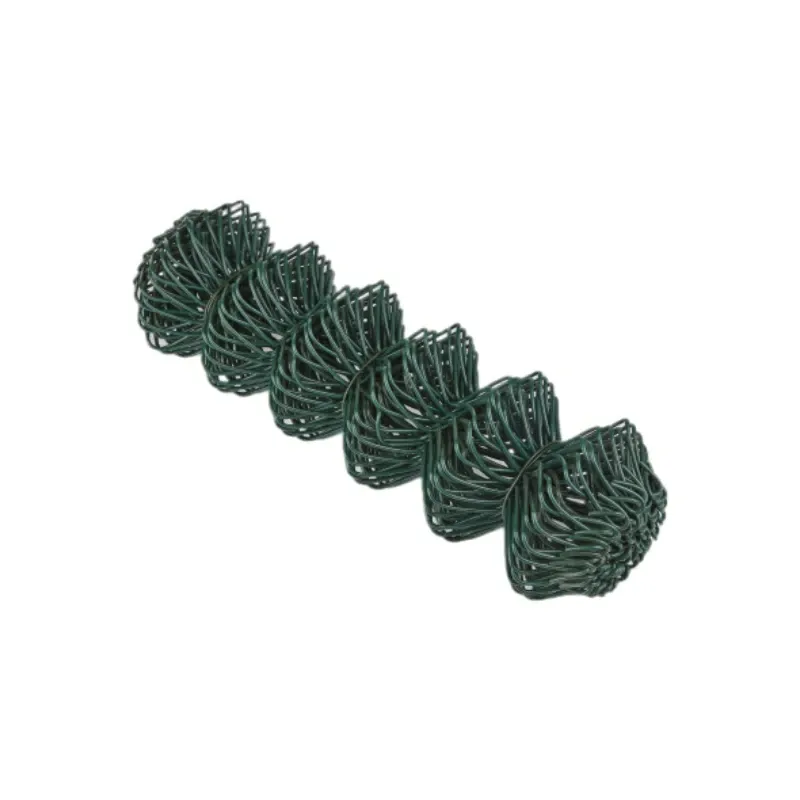The Versatility and Functionality of Woven Wire Fencing
Woven wire fencing, a staple in agricultural and residential applications, offers a reliable solution for a variety of needs ranging from livestock containment to garden protection. This fencing type, composed of interlaced wires that form a durable mesh, has gained popularity due to its effectiveness, versatility, and aesthetic appeal.
The Construction of Woven Wire Fences
Woven wire fences are constructed using vertical and horizontal wires woven together to create a grid-like structure. This design not only enhances strength but also allows the fence to flex and adapt to pressure, making it resilient against impacts from animals or severe weather conditions. Typically made from galvanized steel, which prevents rust and extends the fence's lifespan, these fences can withstand the test of time. Wire gauges and mesh sizes can vary, allowing for customization based on specific needs, whether it’s for containing small pets or larger livestock.
Applications and Benefits
One of the primary applications of woven wire fencing is in agricultural settings. Farmers utilize these fences to contain livestock securely, preventing them from wandering into roadways or neighboring properties. Moreover, the spacing between the wires can be adjusted to accommodate different animal sizes. For instance, tighter spacing is ideal for sheep, which can easily escape through larger gaps. This adaptability makes woven wire fencing a go-to choice for farmers around the world.
In addition to agriculture, woven wire fencing serves a variety of other purposes. Gardeners often employ this type of fencing to protect their plants from pests, while homeowners use it to delineate property boundaries or enhance security. The aesthetic aspect of woven wire fencing should not be overlooked; its clean lines can complement the natural beauty of gardens or landscapes, providing a functional yet visually appealing solution.
woven wire fence

Durability and Maintenance
One of the standout features of woven wire fencing is its durability. Unlike wooden fences that can rot or require frequent painting, woven wire fences necessitate minimal maintenance. A simple wash and occasional checks for loose wires are typically sufficient to keep them in good condition. Moreover, the galvanized coating protects the wire from corrosion, meaning woven wire fences can last for decades with proper care.
Environmental Considerations
As environmental concerns become increasingly prominent, the use of woven wire fencing presents a sustainable choice. Metal fencing reduces the demand for timber, helping to preserve forests and reduce carbon footprints associated with logging. Furthermore, woven wire materials can often be recycled, making this type of fencing an eco-conscious option for those interested in sustainable practices.
Conclusion
In conclusion, the woven wire fence epitomizes versatility and practicality. Its robust construction, combined with ease of maintenance and environmental benefits, positions it as a favorable choice for various applications. Whether in agricultural settings for livestock management, in residential areas for property demarcation, or in gardens for pest control, woven wire fencing proves to be an invaluable asset. As technology advances and materials improve, the potential applications for woven wire fencing are likely to expand further, solidifying its place in modern fencing solutions. This enduring choice not only meets the functional needs of landowners but also harmonizes with ecological considerations, making it a smart and sustainable fencing option in an ever-evolving world.
-
Versatility of Expanded Aluminum Metal for Various Applications
NewsMay.19,2025
-
The Geometry of Steel Gratings: Why It Matters
NewsMay.19,2025
-
Reinforcement Applications of Perforated Mesh in Masonry
NewsMay.19,2025
-
Essential Tools for Installing a Deck Mesh Railing
NewsMay.19,2025
-
Anti-Slip Flooring Made with Stainless Expanded Mesh
NewsMay.19,2025
-
Adjustable Steel Grating for Uneven Terrain
NewsMay.19,2025
Subscribe now!
Stay up to date with the latest on Fry Steeland industry news.

